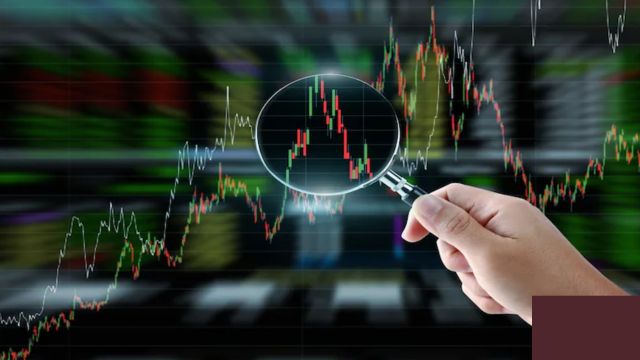WFCN –
The Securities and Exchange Board of India is one example of a foreign market that has recently banned the unlawful trading of its securities.
Vijay Mallya is no longer allowed entry to the Indian securities markets as a result of a three-year ban imposed by the Securities and Exchange Board of India (Sebi).
It is now against the law for the once-prominent booze mogul to engage in any indirect or direct transaction involving securities.
Furthermore, according to LiveLaw, he is not allowed to be associated with any firm that is listed or is proposed to be listed.
According to Sebi, Mallya’s mutual fund units and other current securities holdings will be frozen as a result of this suspension.
The inquiry into the movement of money in the Indian securities market via offshore bank accounts with UBS AG led to the decision.
According to Sebi’s findings, Mallya violated the framework of the FII Regulations.

To deal with the securities of his listed group firms in India, regulators discovered he engaged in manipulative techniques and misleading artifices.
Mallay “engaged in fraudulent activities and unfair trading practices, violating securities laws,” according to Times Now News, who reported on the injunction.
SEE MORE –
‘Big Flower Is Here!’ Michigan Claims Title of Largest Cannabis Market, Surpassing California
There seems to be no end in sight to the ever-increasing problem of illicit securities trading in the US.
After accumulating $16 million in illicit trades, prominent short seller Andrew Left submitted to securities fraud charges; nonetheless, he was released on a $4 million bond. Left is famous for shorting GameStop.
Bloomberg reports that the judge has given Left until August 5 to raise $1 million to pay up the collateralized bond.
The head of the SEC’s regional office in Los Angeles, Kate Zoladz, issued a statement saying, “Andrew Left took advantage of his readers.”
“In order for him to swiftly turn around and make money off of the price movements that followed his reports, he gained their trust and convinced them to trade under false pretenses.”
A total of $20 million in what the SEC called “ill-gotten profits” was allegedly made by Left and his firm through the practice.
